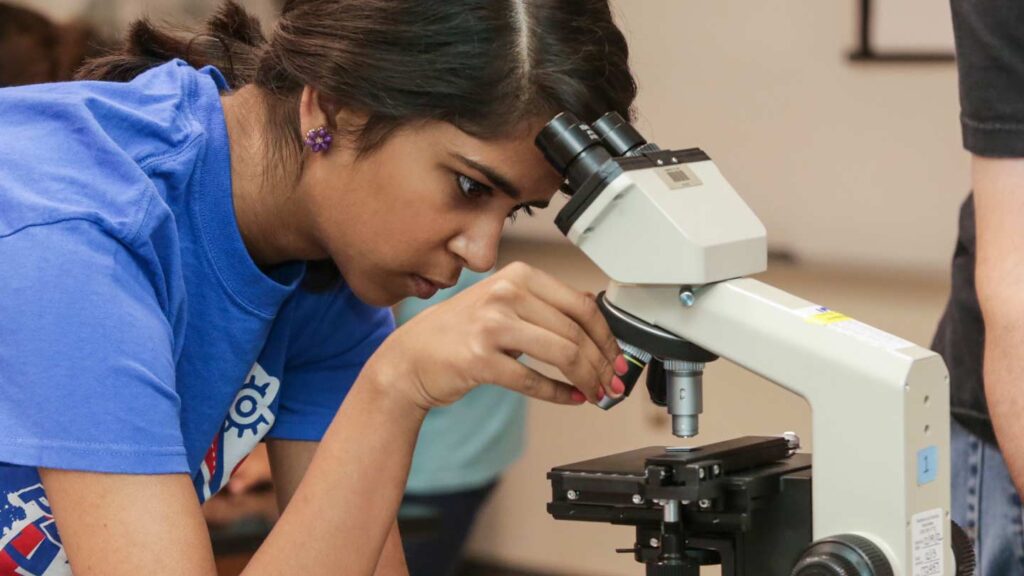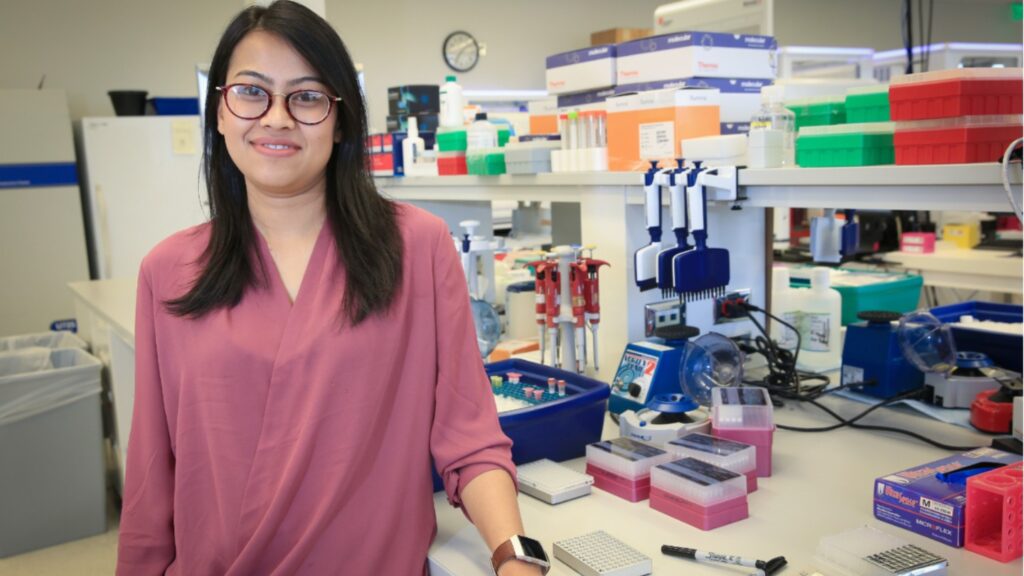

Chronic stress and PTSD
We are studying molecular features of inflammation and chronic stress. This includes PTSD (Post Traumatic Stress Disorder), a severe anxiety disorder resulting after exposure to a traumatic event or experience. We initiated the first phase study to identify unique biomarkers that may be associated with PTSD. Previous studies have suggested that alterations in the immune system, chemical modifications of the individual’s genetic material and expressions of certain neural and endocrine proteins are associated with PTSD-affected and -unaffected individuals. Even though the biological foundation of PTSD is not well understood, it is strongly believed that biological factors play an imminent role in behavioral responses to challenging environments. Present biotechnological advances in human gene analysis, profiling gene expression arrays and understanding the structure and functional relationships of neural proteins and their cell receptors have revealed significant correlations between biology and behavior.
The central thesis of this research is that early childhood variables, behavioral variables, biological vulnerabilities, genetic, neuroendrocrine, and autoimmune differences can be used to distinguish those who in the future may suffer from various types of trauma and other psychiatric/psychological reactions to the stress of war, crime, natural disasters and others. The theory also suggests that early trauma can influence both explicit and implicit methods of response, differentially preparing individuals to be more or less vulnerable to inflammation and chronic stress. We are measuring the expression of immunological genes from veterans and civilians who have PTSD symptoms including trauma, psychiatric status, and medical complications as compared with control groups. In particular, we are collecting data to examine the immune repertoire of those diagnosed with PTSD and comparing those belonging to a control group. This research is currently funded by the Everett George Daily Foundation, Inner Defense, Little Orange Fish and iXpressgenes, through the U.S. Air Force mentor-protégé program.
Inflammation
In collaboration with the lab of Jerome Baudry, we are also studying the Human Δ5 desaturase (D5D), a key protein in the inflammatory pathway that yields lipid mediators that either lessen or amplify inflammation; hence its structure and dynamics are of great interest. Our team is preparing the production of recombinant D5D in on going biochemical characterization and crystallization. We are working with the Baudry lab in using molecular dynamics to characterize D5D through homology modeling and membrane placement. The decisions made during this process were informed by a diverse body of findings on D5D and similar desaturases. Taken together, we computationally describe a novel placement of the D5D protein in the membrane (top right figure above).







